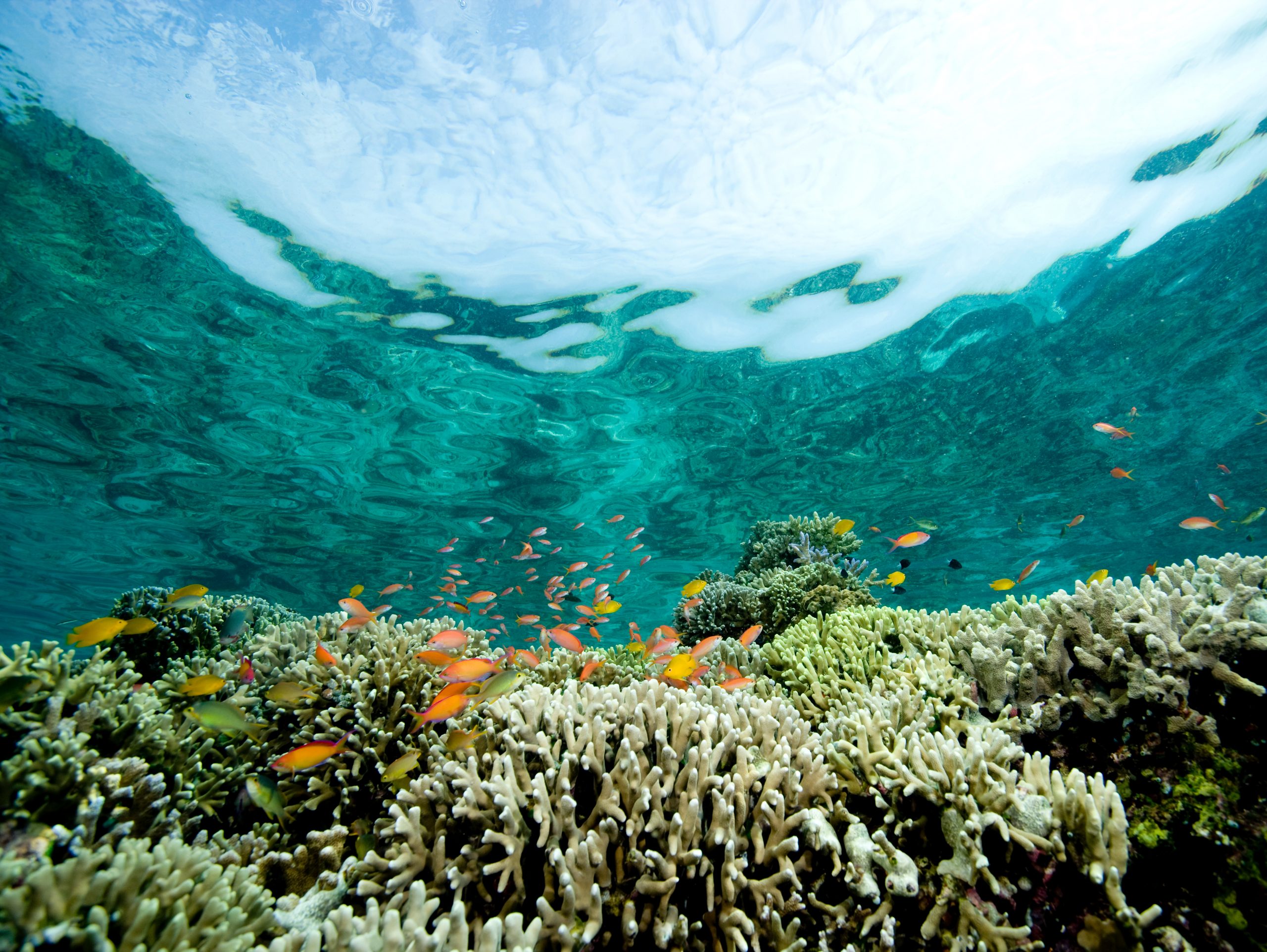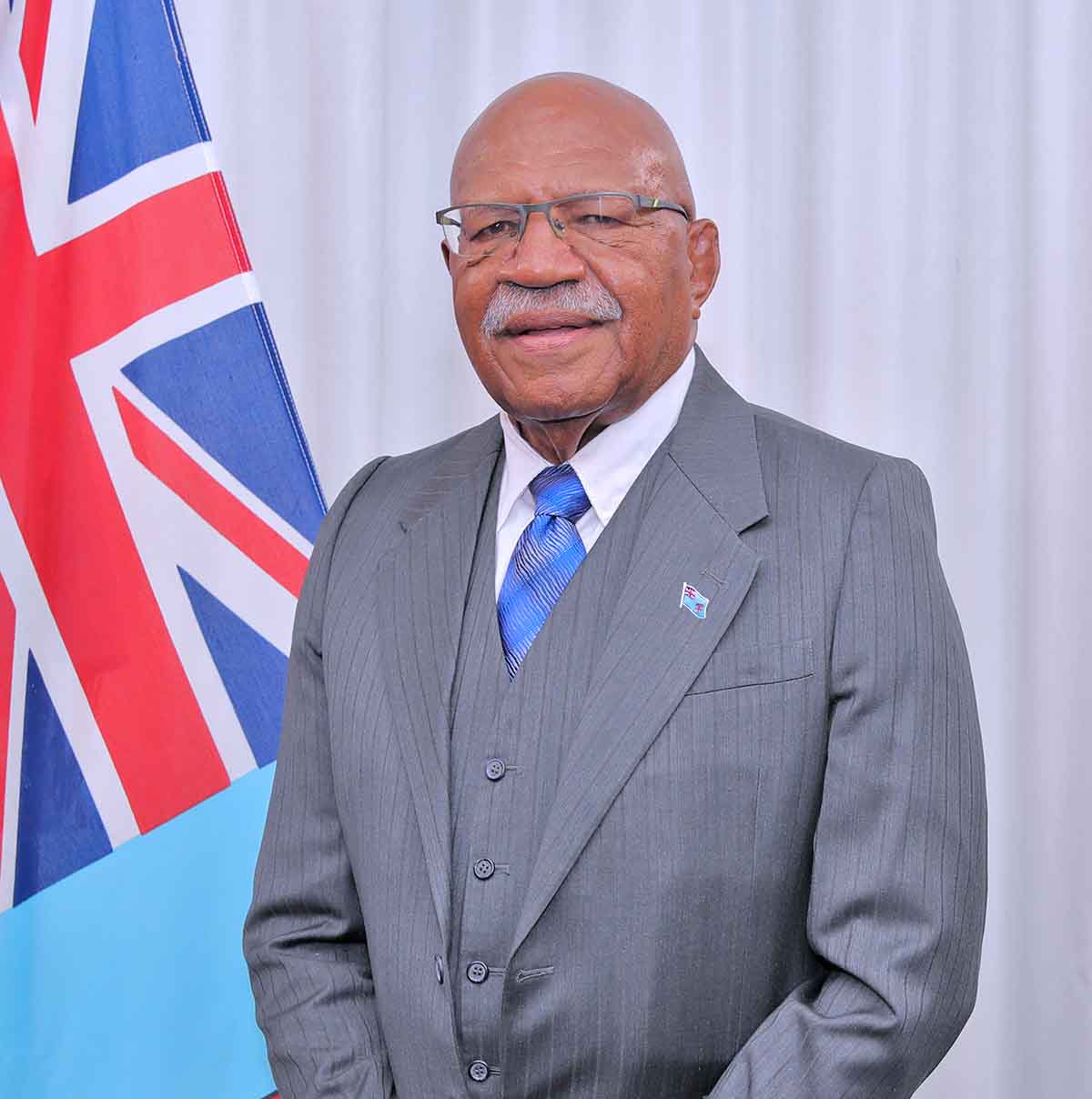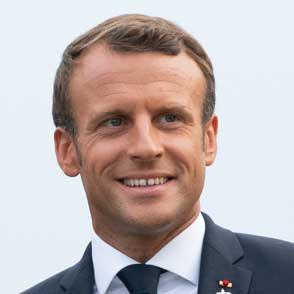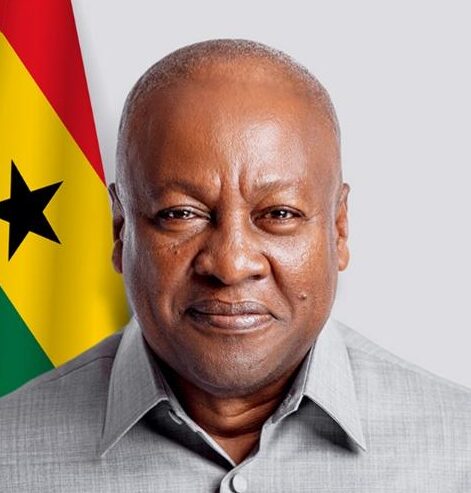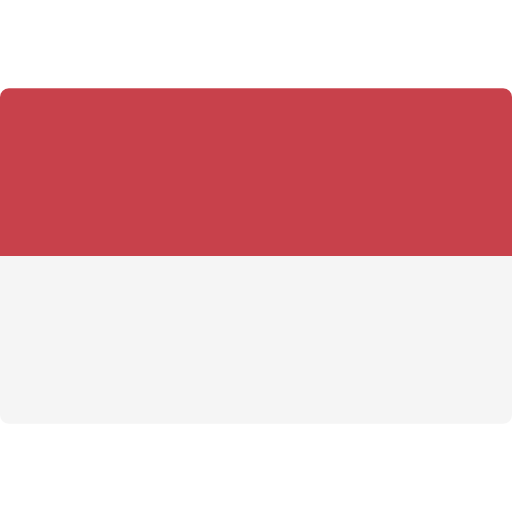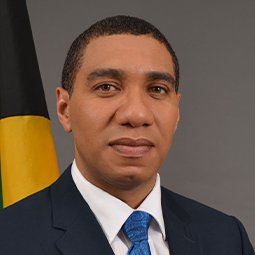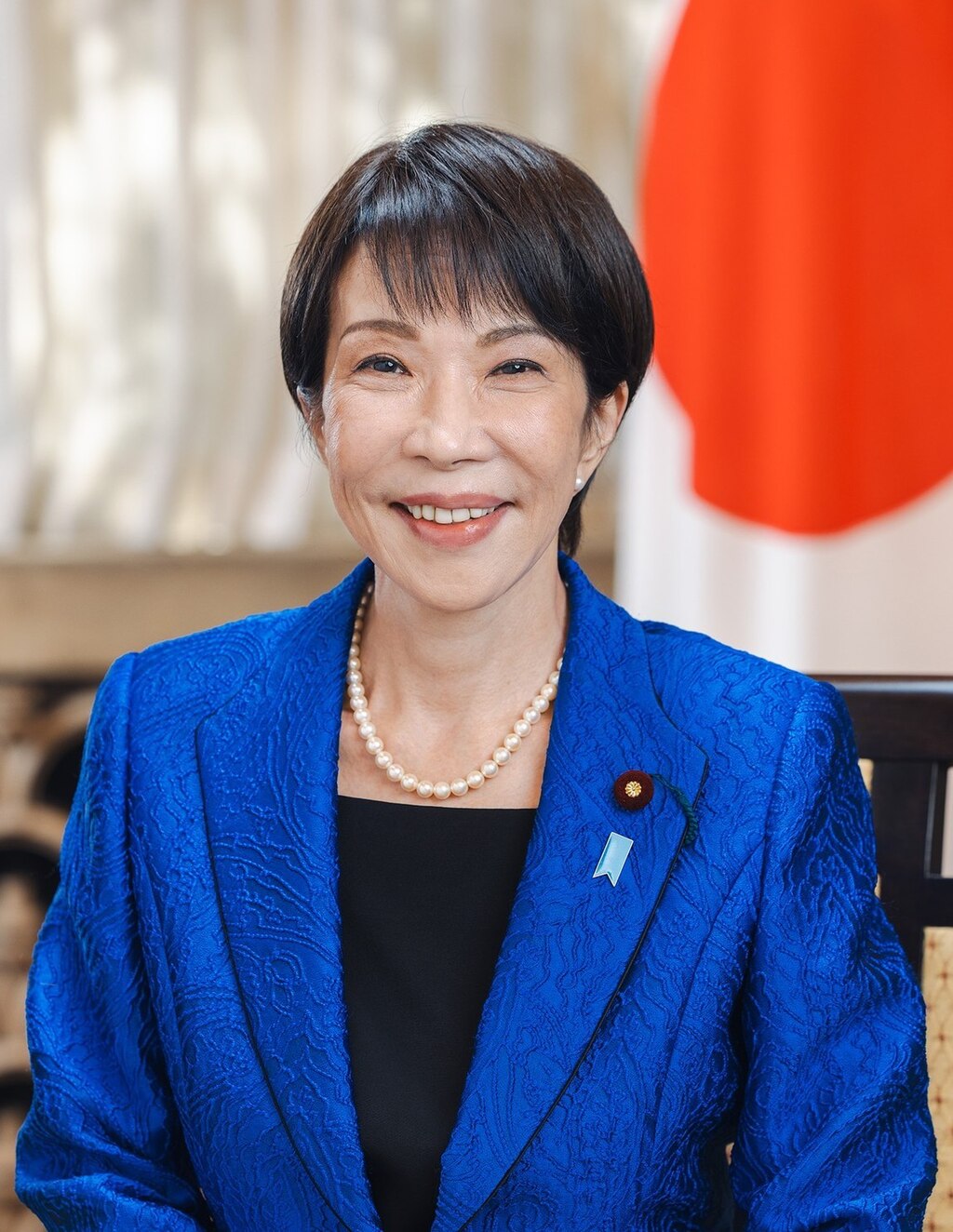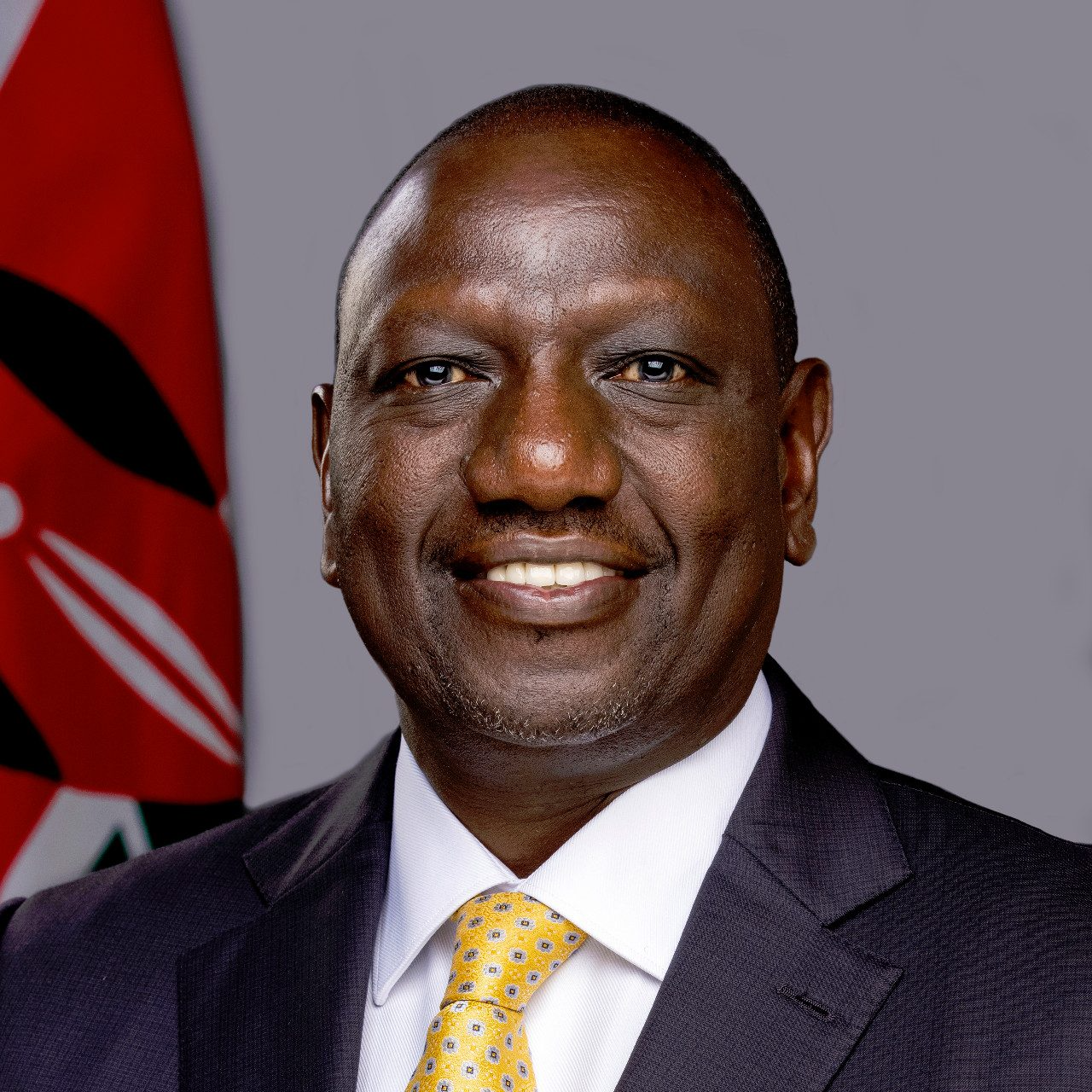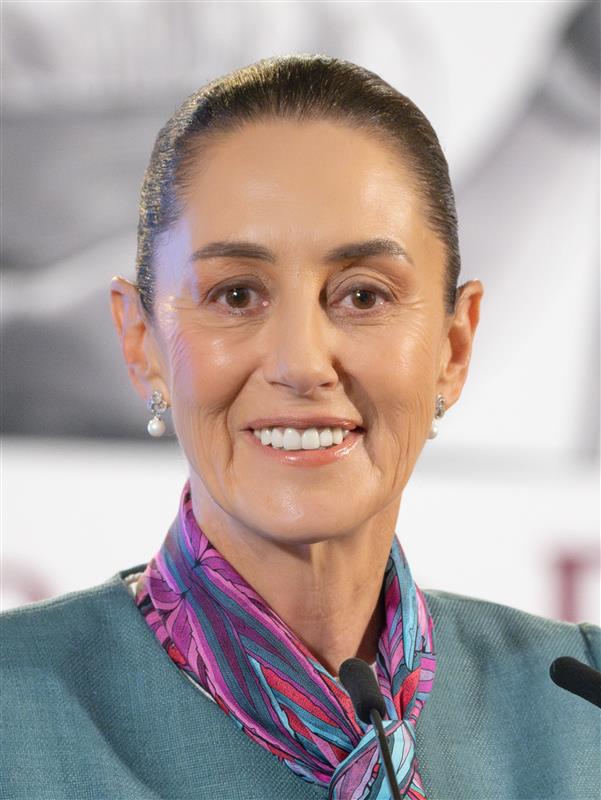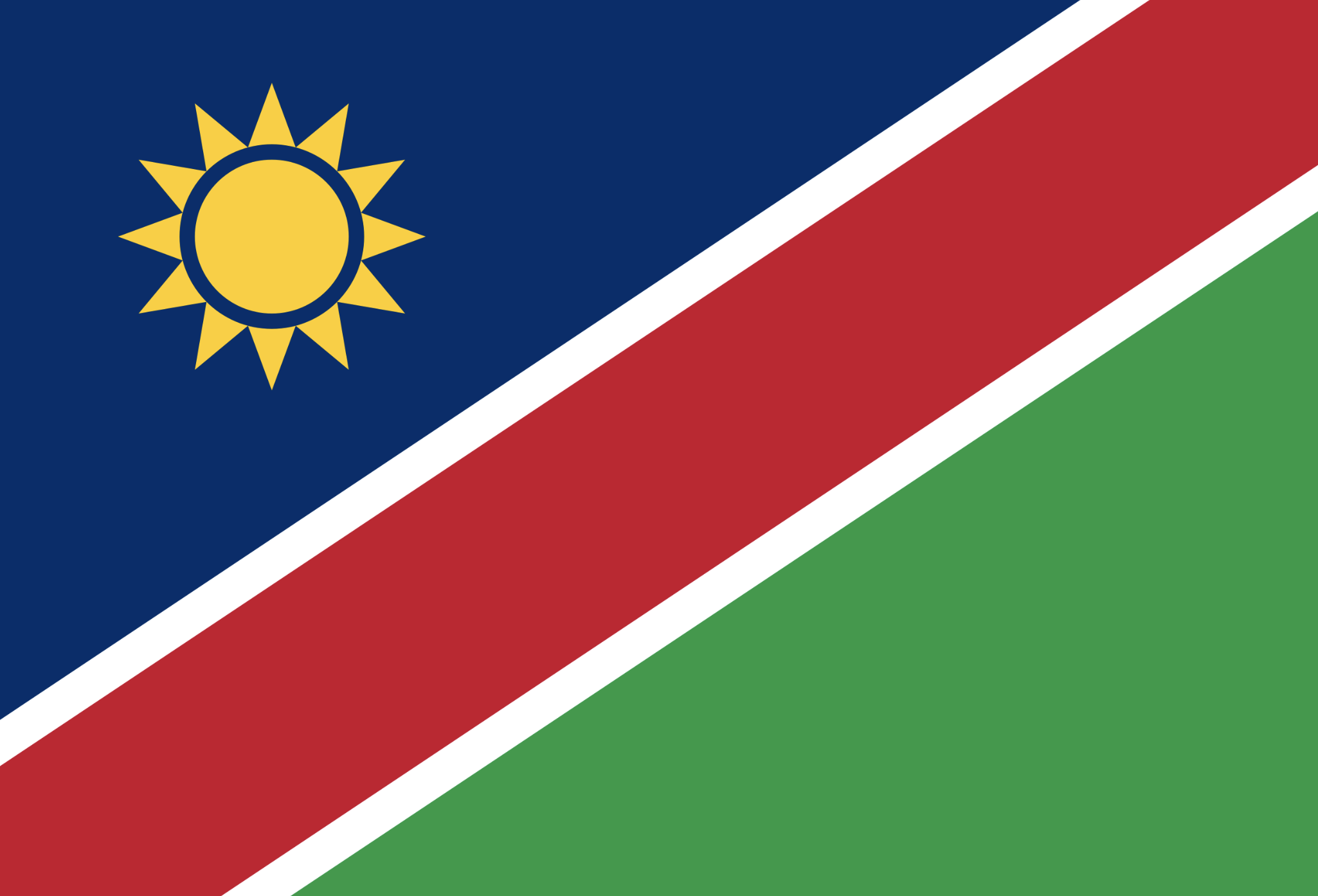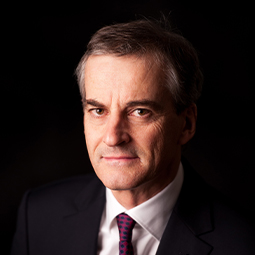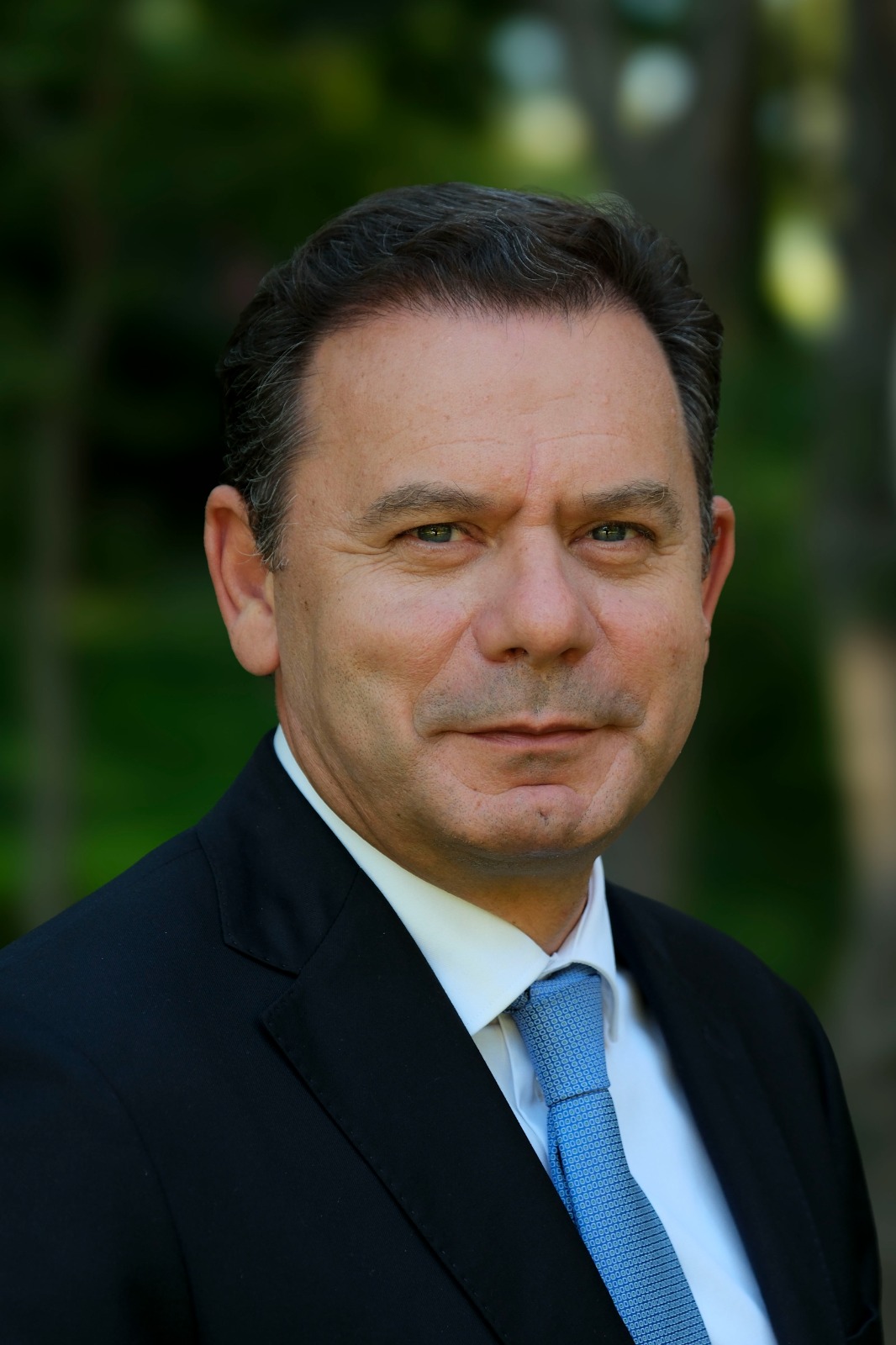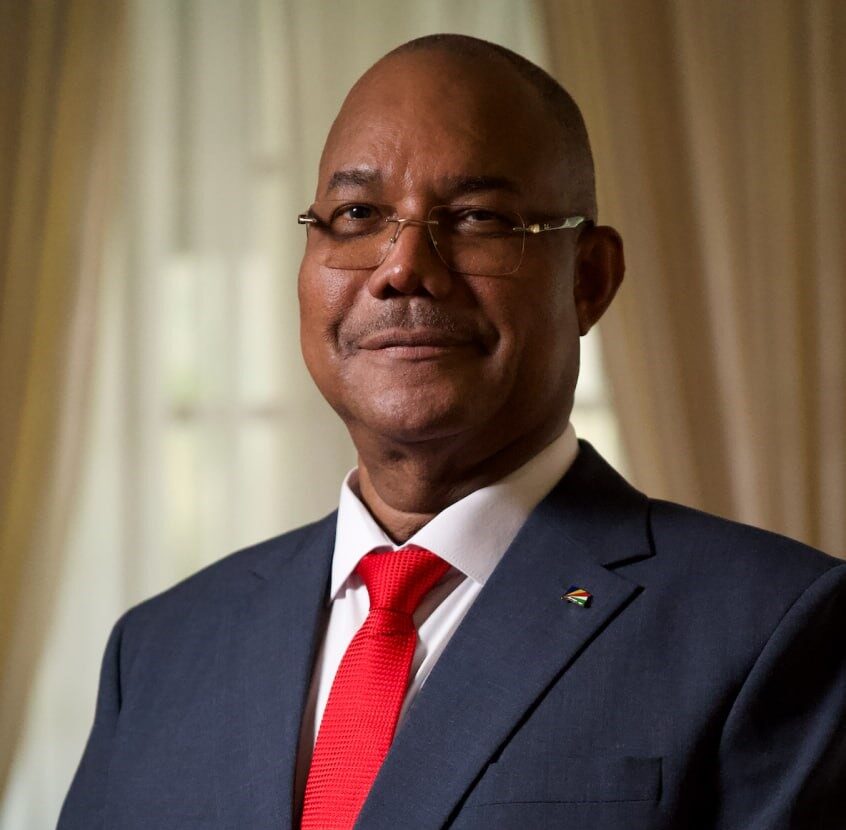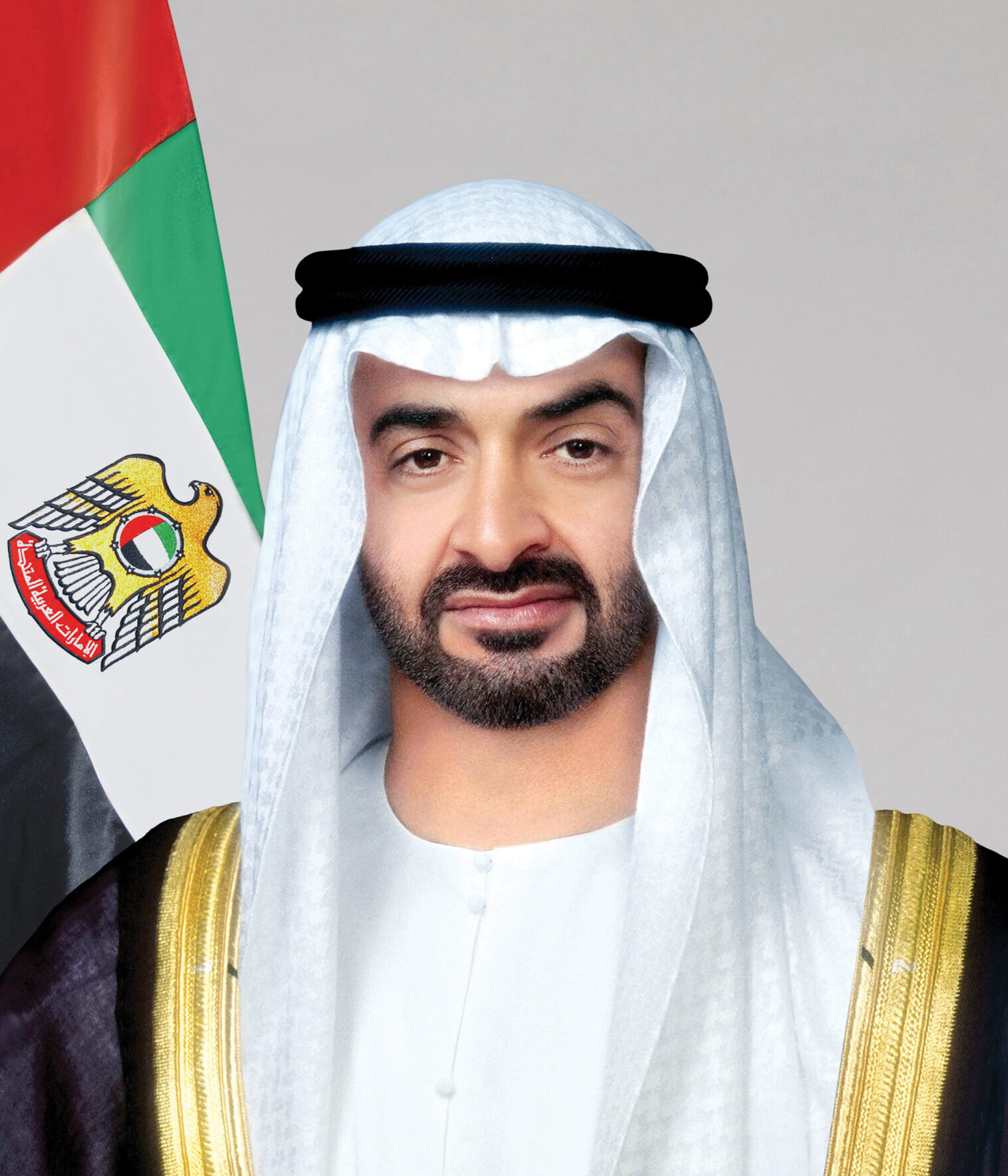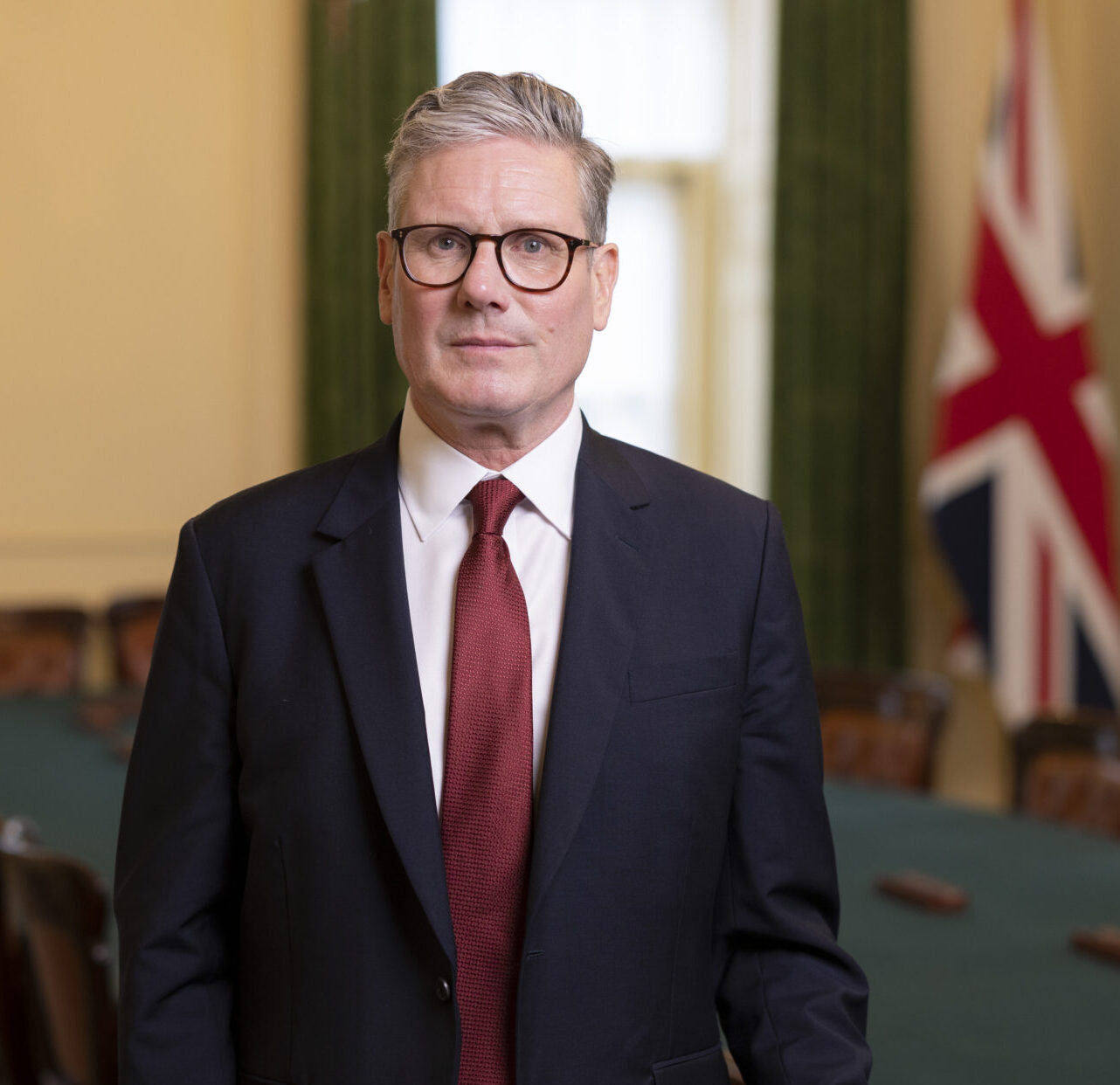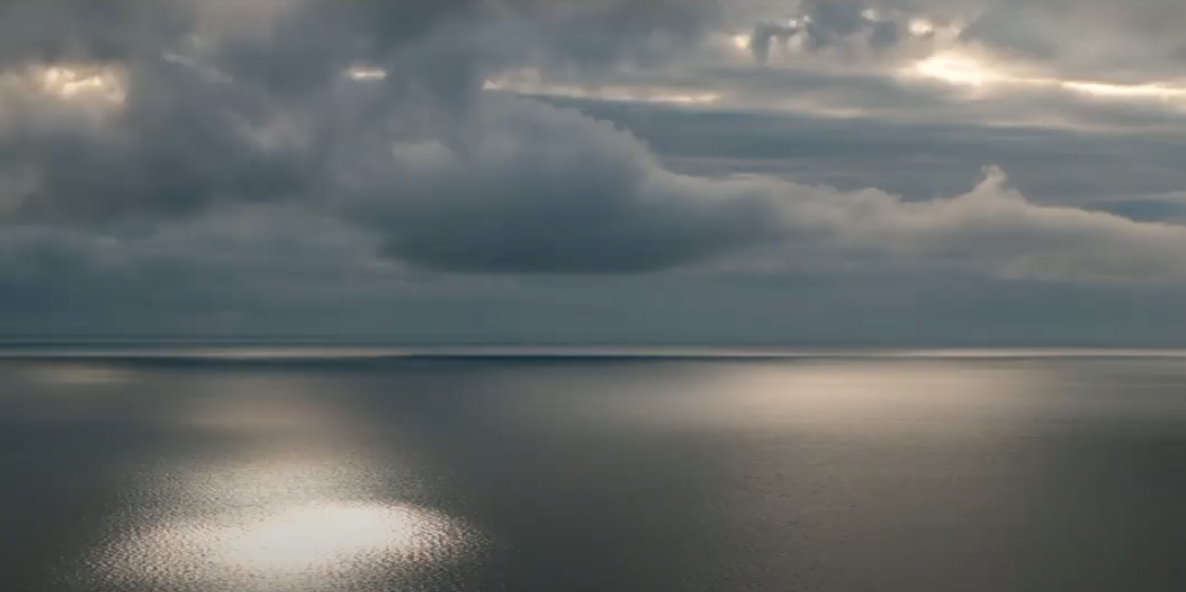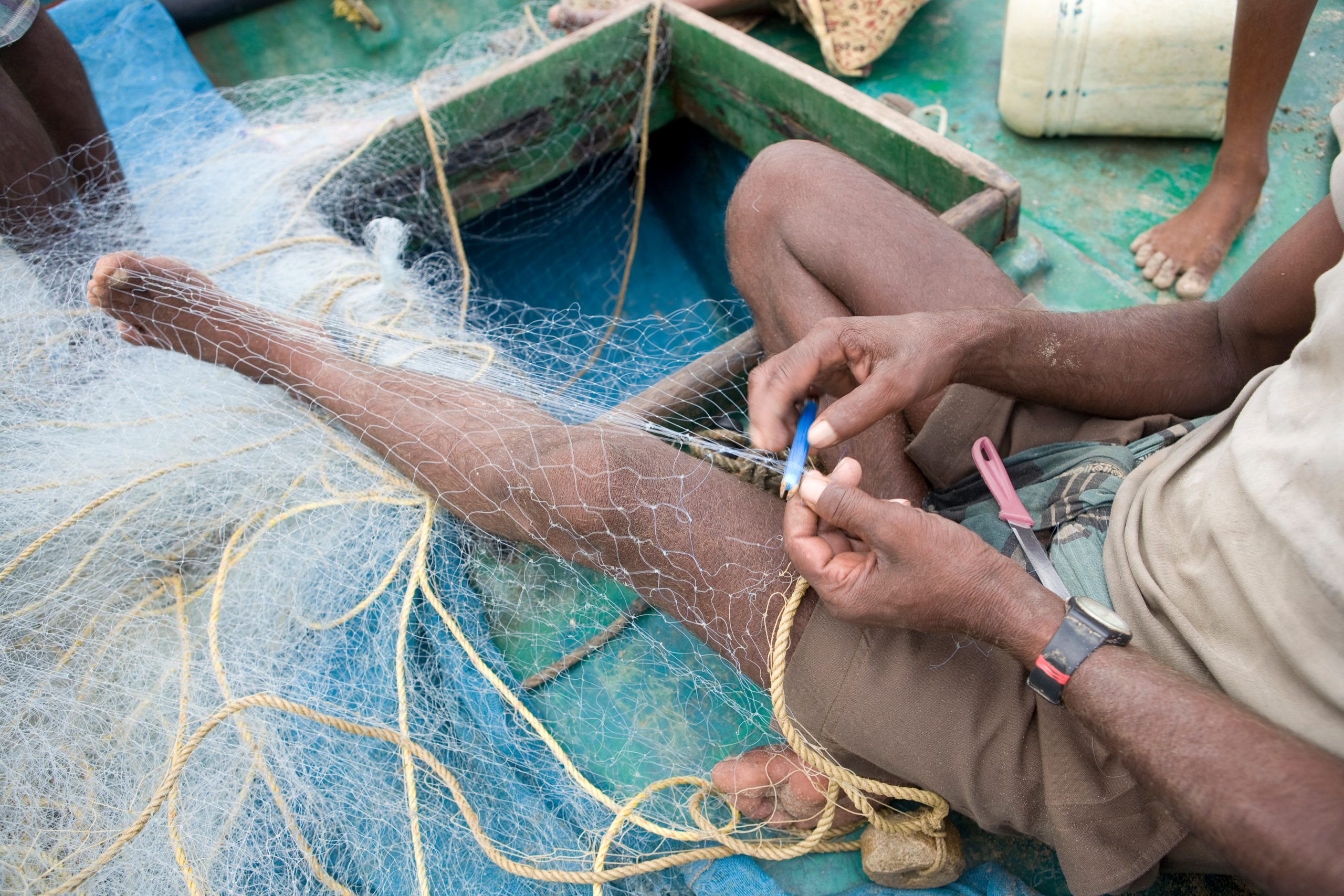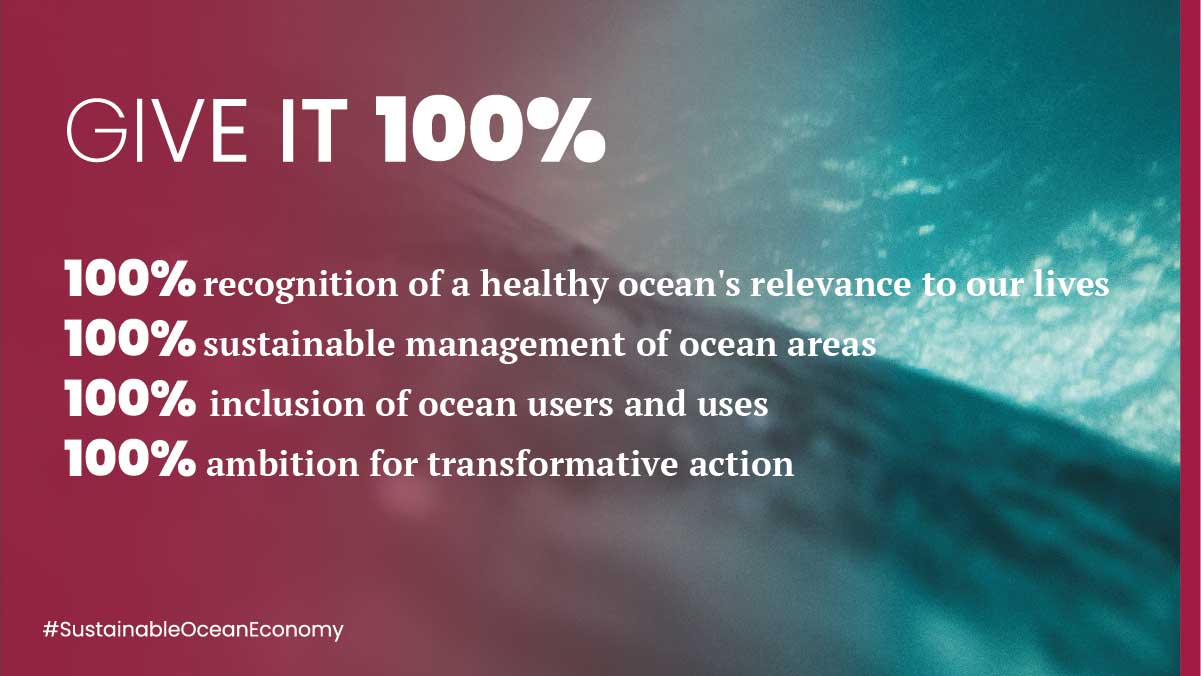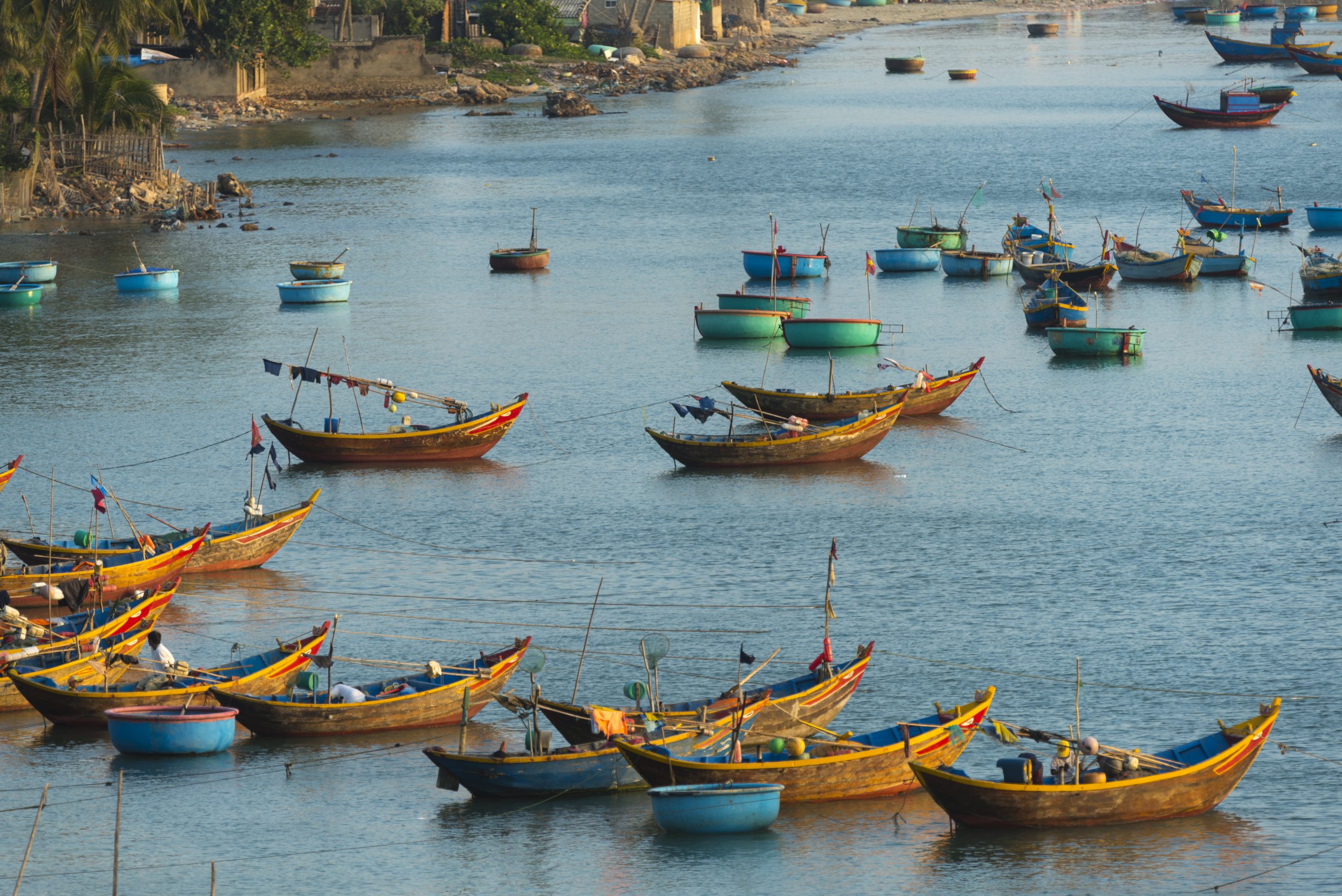H.E. John Dramani Mahama
John Dramani Mahama is the sixth President of the Fourth Republic of Ghana. He was also the fourth President of the Fourth Republic of Ghana, having previously occupied the high office of President between January 7, 2013 and January 6, 2017.
Born 66 years ago to Mr. E. A. Mahama and Madam Abiba Nnaba in Damongo, in the now Savannah Region of Ghana, Mahama made history as Ghana’s first President to serve at all political levels. He was a Member of Parliament for Bole-Bamboi Constituency, Deputy Minister for Communications, Minister for Communications, Vice President of the Republic of Ghana, and President of the Republic of Ghana.
Mahama considers the combination of history, communications, and social psychology—courses he studied for his undergraduate and postgraduate degrees—to have profoundly shaped his views, thoughts, and understanding of the human condition and contributed significantly to his development as a person.
Under President Mahama’s first administration, Ghana witnessed massive infrastructure development across all sectors of the economy, including education, health, ports and harbours, aviation, rail, oil and gas, ICT, and many more. His vision and strategic investments in these areas solidly positioned the country as a Lower-Middle-Income Country for its next development phase.
Beyond investments in socio-economic infrastructure, President Mahama is passionate about investing in people. This amply reflects his commitment to social justice and equity, particularly through his lauded efforts to advance the interests of girls and women across all spheres. Notably, Ghana attained gender parity in basic education under his leadership.
John Mahama further demonstrated his commitment to women’s empowerment by appointing several women to prominent roles in his administration. In 2020, he made a groundbreaking decision to nominate Professor Naana Jane Opoku-Agyemang as his Vice-presidential candidate, marking a first for a major political party in Ghana. He repeated this bold choice in 2024, and with their victory, Ghana is welcoming its first female Vice President.
Mahama is an avid reader, author, and historian. Over the course of his career, he has written for several newspapers and authored several publications. He has also published a memoir, his first book, titled ‘My First Coup d’État and Other True Stories from the Lost Decades of Africa.’
President Mahama’s love for reading and thirst for knowledge are complemented by his strong interest in technology and agriculture. His connection to agriculture is personal, longstanding, and rooted in his upbringing. His father was a prominent rice farmer, educator, and Minister in Dr Kwame Nkrumah’s administration.
President Mahama is keen on increasing agricultural productivity and strives to motivate the younger generation to approach farming as a viable and profitable business, particularly by leveraging technology and value addition to maximize its potential.
President Mahama is a former Chairperson of the Economic Community of West Africa States (ECOWAS) Commission. A strong proponent of intra-African trade, he is a former Chairperson of the African Union’s High-Level African Trade Committee. He played an instrumental role in laying the foundation for the Africa Continental Free Trade Area (AfCFTA), whose secretariat is now in Ghana.
President Mahama was also the first Co-chair of the United Nations Advocacy Group on the Sustainable Development Goals and is the current Chair of the TANA Forum, a high-level forum on security in Africa headquartered in Ethiopia.
In recognition of his sterling contributions as a leader and role model on the African continent and around the globe, John Mahama has been conferred with several honorary doctoral degrees from distinguished universities worldwide, including Ekiti State University, Ilorin University, and Igbinedion University in Nigeria; the University of Aberdeen in Scotland; and the Lyon Business School in France.
With his resounding victory in the December 2024 elections, John Dramani Mahama becomes the first president in Ghana’s history to be democratically elected to a non-consecutive second term.
President Mahama is an exemplary family man with strong Christian values. He has been happily married to Lordina Dramani Mahama for over thirty-two years.


